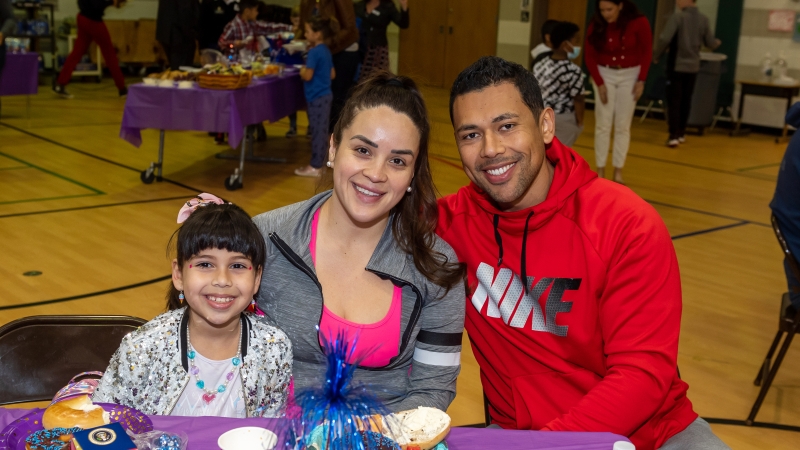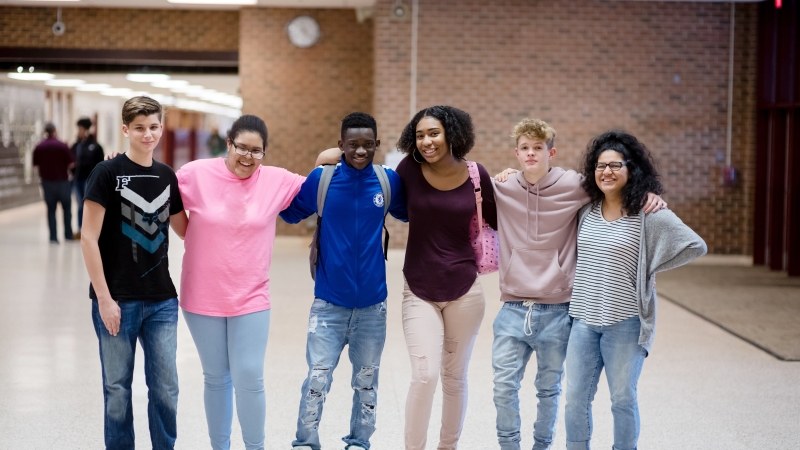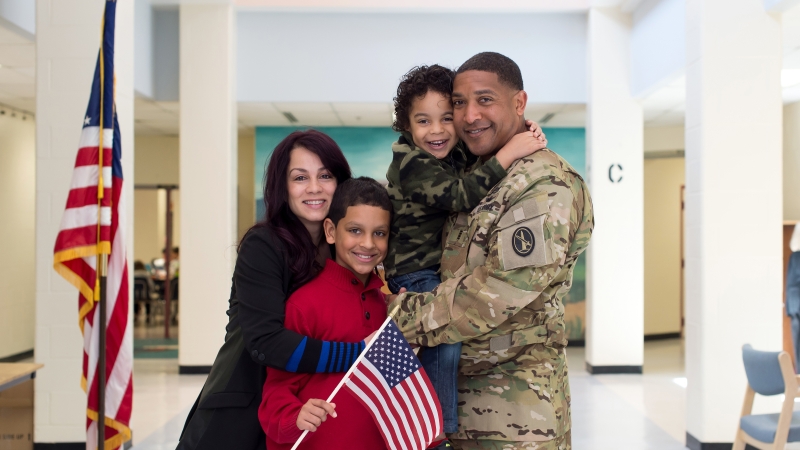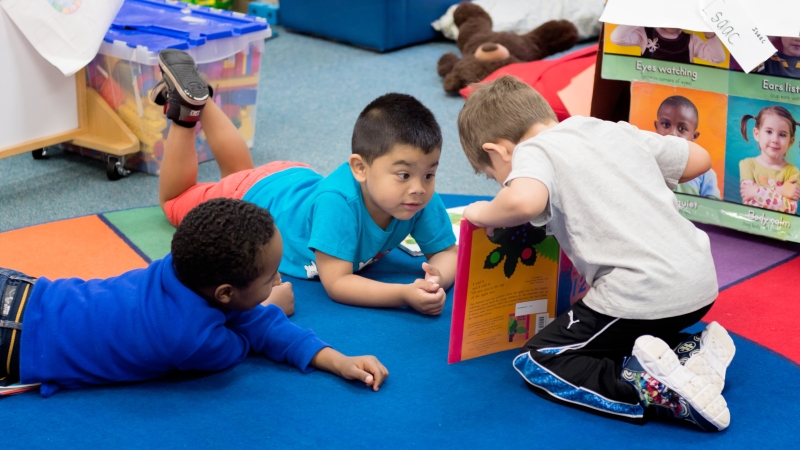
Five Strategies to Activate Empathy in Children
Feeling understood and cared about is a human need and a way we relate to others. Such is why empathy is considered essential for building strong communities. Empathy is the ability to understand another person's perspective and share in what that person is feeling, thinking, or experiencing. In other words, it is having an understanding of what it must be like to walk in another person's shoes while demonstrating compassion for that individual.
Empathy is a key ingredient in having children show caring, acceptance, and tolerance of others. Individuals who show empathy are more likely to be happier and healthier; they are also known to be viewed as more likeable by others, work better in groups, and form better interpersonal relationships. Empathy additionally works to protect our community from disconnectedness, despair, bullying, and other cruelty.
While we are born with a capacity for empathy, it is developed and shaped over time. Research suggests these five strategies to activate empathy skills in children:
- Model empathy. Listen to children as they explain their hurts or other feelings. Model empathy by labeling and validating feelings while staying positive.
- Practice empathy in your family or classroom. Encourage children to reach out to siblings or classmates, identify their feelings, and offer support.
- Explore perspectives, intentions, and roles of others in readings. While reading together, ask children about the main character or others in a story. How did this person feel? How do we know that? How did this person solve the problem? Engaging in this activity helps children develop perspective taking of both their own minds and others.
- Broaden their horizons. Encourage curiosity about others different from oneself. Get out of your usual environment and look to interact with different kinds of people, travel, learn a new skill, or join a new group. Encourage children to ask open-ended questions to learn about the experiences and perspectives of others. Talk to others to figure out what it is like being in their shoes and let them know you value what they share.
- Volunteer or do community service. Researchers have found that people who volunteer are happier. Whether you set up a lemonade stand and donate profits, organize a sock drive for a local shelter, or volunteer at a local organization (see Volunteer Fairfax for opportunities), you are likely to spark increased empathy and life satisfaction.
Need More Information?
The Making Caring Common project of the Harvard Graduate School of Education offers these five tips for cultivating empathy in children.
The Big Life Journal offers these four key strategies for teaching children empathy. The site breaks down strategies by age.
If you or someone you know may be experiencing a mental health challenge or crisis, text HOME to 741741 to reach a crisis counselor, call 988 to reach the Suicide & Crisis Lifeline, or call 911 to reach local emergency services.
The Healthy Minds Blog shares information related to youth mental health and wellness for an audience of parent, educators and community-based providers. Articles include tips and strategies for increasing wellness and resiliency, as well as fostering success at home, at school and in the community.
The Healthy Minds Blog is a collaborative project between Fairfax County Public Schools and the Prevention Unit of the Fairfax County Department of Neighborhood and Community Services. It is part of the Healthy Minds Fairfax (see below) initiative, designed to support emotional wellness in youth and families.
SUBSCRIBE to Healthy Minds and receive a quarterly digest of our most recent articles.







